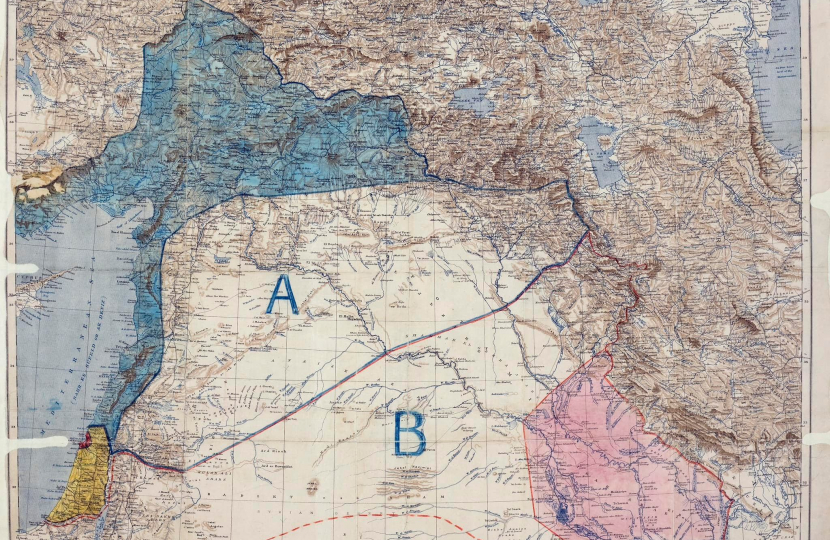
We are all familiar with stories from the books of the Bible. The Jewish people suffered under the Egyptians, Babylonians and Romans. Their first and second temples were destroyed and many of their people exiled from their homeland in 70AD.
This exodus created a diaspora across North Africa, Europe and the Middle East.
Many faiths have faded and disappeared when faced with persecution and challenges of only a fraction of that imposed upon the Jewish people but many managed to pass it on from generation to generation. Was it the strength of their culture, having the core belief that they will one day return to the land of their temple or something else?
I cannot answer that question but in the centuries following their expulsion from their lands they suffered terrible oppression. Pogroms in Russia, expulsion from England and the ghettoisation in Italian city states were just a small part of their suffering.
The Zionist movement began to gather pace in the 19th Century when there began a gradual return of some Jews to Palestine where they joined those who had never left. This was done with the knowledge and therefore consent of the Ottoman leaders.
From Roman times, the lands and people in and around modern day Israel have always been dominated by other empires ending in the British Mandate after the fall of the Ottoman Empire.
Momentum behind the Zionist movement gathered over the decades and led to the Sykes Picot Agreement and then the Balfour Declaration. There will always be disputes about what the Agreement and Declaration should have resulted in but the League of Nations and then the United Nations supported the creation of a Jewish state in the region which, following the Holocaust, resulted in the current State of Israel.
There was violence by and against Jews, Muslims and the British in the approach to Israel’s creation. For example, the British Minister for the Middle East, Lord Moyne, was murdered by the Zionist terrorist Stern Gang.
Israel faced an existential threat in the wars of 1948, 1967 and 1973 and has always had an unsettled and unsettling presence amongst her neighbours and many of her residents.
Surviving and winning those three successive conflicts changed the Western perception of this new nation whilst some others have thought of it as a latter-day Crusader State.
For many, the initial perception of Israel was symbolised by the kibbutz movement. This fusion of Zionism and socialism “made the desert bloom” and it is no surprise that many of the greatest enthusiasts for the fledgling country were socialists. David Ben-Gurion, the first Israeli Prime Minister said that “socialism and Zionism are two sides of the same ideological coin”.
As an observer of international politics, I will sometimes contrast the systems of foreign countries and judge them against what we have in the UK. Israel’s particular system of proportional representation, which requires a minimum of 2% of the national vote to have representation in the Knesset, results in a fractured party system that requires complex coalitions but does mean that all political, cultural and religious voices are present in their parliament. This creates instability and introduces some extreme political elements into the body politic when the actual intention was to have a fair system where every part of Israeli society can have its proportionate influence.
Reflecting on the fractious nature of Israeli politics is a reason why I oppose the introduction of PR in the UK.
The Jewish belief that “God promised the land of Israel to Abraham” combined with their focus upon the site, in Jerusalem, of their Temple explains a desire to return ‘home’. We can contrast this with the migratory movements of so many tribes from the Celts to the Visigoths that do not have a historic national, cultural or religious locus.
As a Catholic, the Holy Land, Rome and Walsingham all have a special place but I do not think that it is on the same level as Jerusalem for Jews and Mecca for Muslims.
Obviously, even with a continuous Jewish presence in the area since the time of Christ, the displacement, friction and violence that came with aspects of Zionism and certainly with the creation of the Jewish State created a huge level of grievance within and around the new country. We see this playing out today and is a factor that has been used to justify the Hamas invasion of Israel on 7th October 2023.
Obviously, in trying to cover thousands of years of history, I have not done justice to the subject but I hope to have captured some of the principle points that have led to the current situation.


